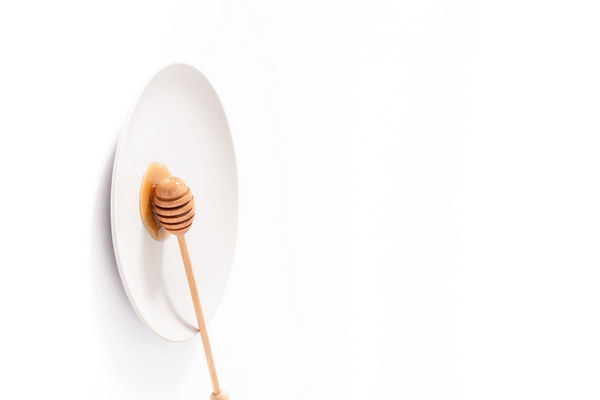Nurturing Your Body A Comprehensive Guide to Managing Uterine Fibroids Naturally
Introduction:
Uterine fibroids are non-cancerous tumors that develop in the muscle tissue of the uterus. While they are often benign, they can cause a range of symptoms such as heavy menstrual bleeding, abdominal pain, and pressure. If you have been diagnosed with uterine fibroids, you might be looking for ways to manage your condition naturally. This article will provide you with a comprehensive guide to nurturing your body and promoting overall well-being while living with uterine fibroids.
1. Diet and Nutrition:
A balanced diet can play a significant role in managing uterine fibroids. Here are some dietary recommendations:
a. Increase your intake of cruciferous vegetables, such as broccoli, cauliflower, and kale. These vegetables contain compounds that may help to reduce the size of fibroids.
b. Consume plenty of fiber, which can help to regulate your digestive system and prevent constipation. Good sources of fiber include fruits, vegetables, whole grains, and legumes.
c. Include omega-3 fatty acids in your diet, which have anti-inflammatory properties. Fish, flaxseeds, and chia seeds are excellent sources of omega-3s.
d. Limit your intake of red meat and processed foods, as they may increase the risk of fibroid growth.
2. Exercise and Physical Activity:
Regular exercise can help to manage symptoms of uterine fibroids and improve overall health. Here are some recommendations:
a. Engage in moderate-intensity aerobic exercises, such as brisk walking, swimming, or cycling, for at least 30 minutes most days of the week.
b. Incorporate strength training exercises into your routine to build muscle and support a healthy weight.
c. Practice yoga or Pilates to improve flexibility and reduce stress.
3. Stress Management:
Stress can exacerbate symptoms of uterine fibroids. Here are some strategies to help manage stress:
a. Practice mindfulness meditation or deep breathing exercises to reduce anxiety and promote relaxation.
b. Engage in activities you enjoy, such as reading, gardening, or spending time with loved ones.
c. Ensure you get enough sleep to help your body recover and reduce stress levels.
4. Herbal Remedies:

Herbal remedies may help to alleviate symptoms of uterine fibroids. Some commonly used herbs include:
a. Chaste tree berry: This herb may help to balance hormones and reduce fibroid symptoms.
b. Dong quai: Dong quai is believed to have estrogen-balancing properties and may help to shrink fibroids.
c. Black cohosh: Black cohosh may help to reduce menstrual pain and improve overall well-being.
5. Acupuncture and Massage Therapy:
Acupuncture and massage therapy can help to reduce pain, inflammation, and stress. These treatments may be particularly beneficial for individuals with fibroids.
6. Alternative Therapies:
In addition to the above suggestions, consider exploring alternative therapies such as:
a. Homeopathy: Some homeopathic remedies may help to alleviate symptoms of uterine fibroids.
b. Chiropractic care: Chiropractic adjustments can help to improve spinal alignment and reduce pain.
Conclusion:
Living with uterine fibroids can be challenging, but by nurturing your body with a balanced diet, regular exercise, stress management, and natural remedies, you can improve your overall well-being and manage your condition more effectively. Always consult with your healthcare provider before starting any new treatment or making significant changes to your lifestyle.









